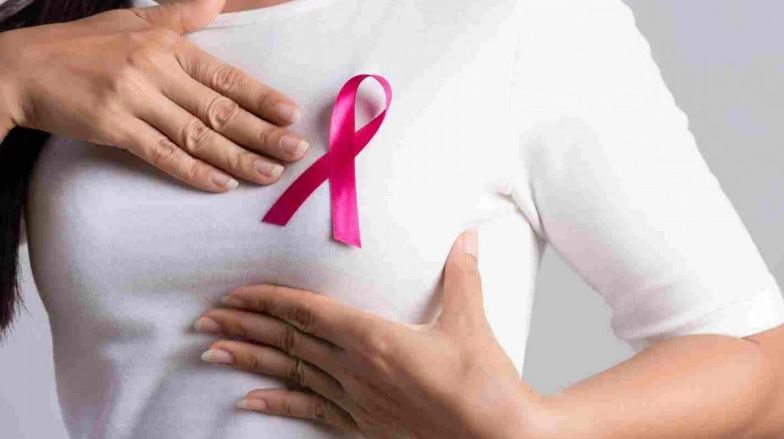for every
Southern newsroom
| 4 September 2022

Breast cancer diagnoses for young women are the highest in two years. (Photo: internet clone)
For each of the 2020-2022 triennium, the National Cancer Institute (INCA) estimates that 66,280 new cases of breast cancer occur in Brazil. Despite the greater likelihood of the disease affecting women over the age of 50, data from the Brazilian Society of Breast Medicine (SBM) draw attention: the increased incidence of breast cancer among younger women. So, before the age of 35.
According to the authority, in the past two years, the incidence of the disease in women under the age of thirty-five represented 5% of the total number of cases. Historically, breast cancer was identified in only 2% of women under 35 years of age.
Dr. Maria Cristina Figueroa Magalhães explains that there are some risk factors that may be linked to this marked increase.
“It’s related to people’s lifestyles, such as having fewer children or the choice not to have children, late pregnancies (after 30 years), sedentary lifestyle, obesity, and inadequate diet associated with stressful routines,” said Maria Christina.
The specialist also warns that more serious tumors are more common in younger patients, precisely because they are outside the most common screening group, starting at the age of 40 years. That is, when the cancer is diagnosed, it is already in a more advanced stage, unlike those identified in women who keep routine screening tests.
Prevention and treatment
Breast cancer can be prevented by adopting a healthier lifestyle and getting regular mammograms. The recommendation of the Brazilian Society of Mammology is that screening be performed annually for women aged 40 years with usual risk and 25-30 years for women at high risk.
Treatment of the disease depends on the stage it has reached, the type of tumor and the age of the patient, among other factors. Among the therapeutic options, the biological drug trastuzumab has been the mainstay of so-called targeted therapies, in combination with chemotherapy, in cases of tumors containing the HER2 protein.
Biopharmaceuticals have proven safe and effective in breast cancer treatments, as they prevent the proliferation of cancer cells and preserve healthy tissue. In addition to expanding access to biological therapies, biosimilars offer very positive prospects for patients,” the doctor explained.
counting
all health

“Wannabe internet buff. Future teen idol. Hardcore zombie guru. Gamer. Avid creator. Entrepreneur. Bacon ninja.”

